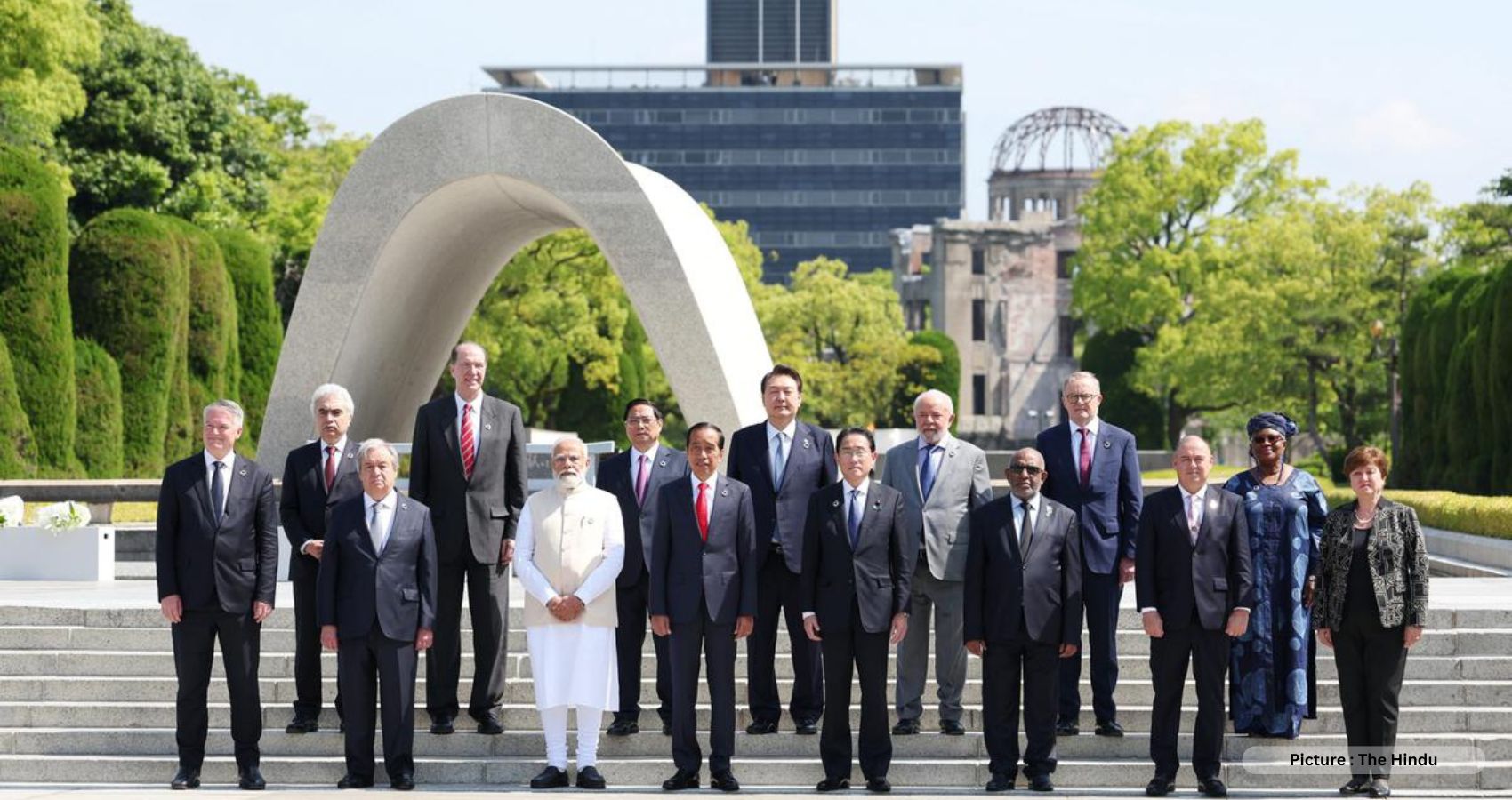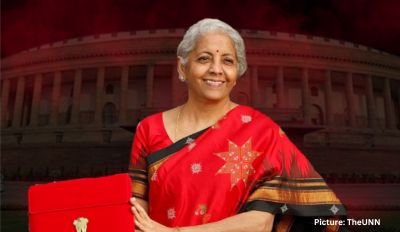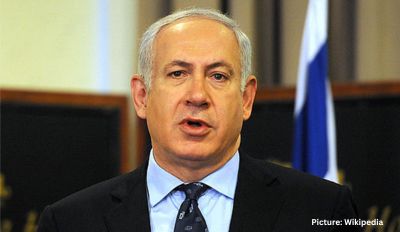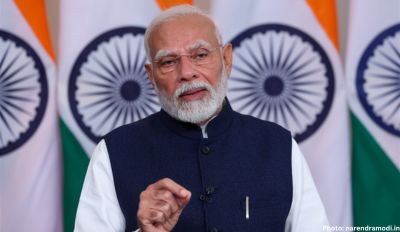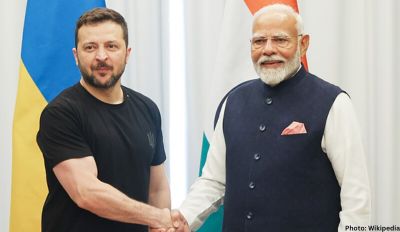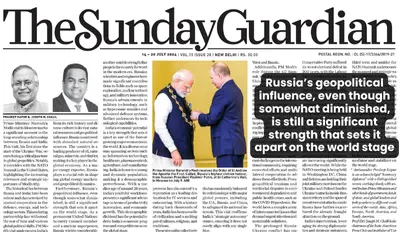Indian Prime Minister Narendra Modi has spoken out on the conflict in Ukraine, describing the situation as an issue of humanity and human values, rather than politics or economics. Speaking at a G7 Working Session in Hiroshima, Modi called for a collective raising of voice against attempts to change the status quo, saying that all tensions and disputes should be resolved peacefully through dialogue. Modi’s comments came after meeting with Ukrainian President Volodymyr Zelensky the previous day and hearing him seeking global support against Russian aggression. The war in Ukraine had been the focus of the three-day summit.
The Indian Prime Minister said that India would do anything possible to help resolve the conflict, including strong advocacy for dialogue and diplomacy. Modi also called for all countries to respect the international law, territorial integrity of nations, and the UN Charter. He also referred to the border row between India and China in Eastern Ladakh and to Russia’s invasion of Ukraine.
The Prime Minister sought to address the issue of the profound effects of the food, fuel and fertilizer crisis on developing countries, which have limited resources. He said that global peace, stability and prosperity must be a common objective for all nations. Modi also referred to Lord Buddha and his teachings, saying that there was no problem in the modern age that Buddha’s teachings could not resolve, echoing his call for peaceful resolution and rejecting any attempts to change the status quo unilaterally.
The G7 countries represent the richest democracies of the world, and the summit held in Japan invited India and seven other countries. As part of his contribution to the summit, Modi set out India’s view on the Ukraine conflict, believing that it should be seen in a broader context of humanity and human values, rather than political or economic self-interest.
India has consistently pursued a diplomatic solution to conflicts. Following its independence in 1947, India became a leader in the non-aligned movement, which advocated neutrality in international affairs. It has been involved in many peacekeeping operations under the auspices of the UN, sending over 200,000 soldiers and providing aid to countries in need. Modi’s emphasis on peaceful resolution and respect for international law and the UN Charter reflects India’s long-held commitment to global peace and stability. “In India, and here in Japan too, Lord Buddha has been followed for thousands of years. There is no problem in the modern age, whose solution we cannot find in the teachings of Buddha,” said Modi.
The G7 countries discussed various issues at the summit, including the impact of Covid-19 on the global economy, climate change, and partnerships between the member nations on global issues. Japan invited India and seven other countries to the summit, as part of its effort to engage with the wider world and promote cooperation between nations. The G7 Presidency rotates annually among the member countries. Japan hosted the summit in 2016 and will do so again in 2021.
The Ukraine conflict remains unresolved, and Modi’s speech at the G7 highlights the need to address the issues underlying the conflict in a broader context of international relations and human values. By calling on all countries to respect international law and territorial integrity, Modi echoed India’s long-held commitment to peaceful resolution and global cooperation. The speech marks India’s contribution to tackling one of the world’s most pressing conflicts. “We have said from the beginning, that dialogue and diplomacy are the only way. And to solve this situation, we will try as much as possible, whatever can be done from India,” said Modi.

